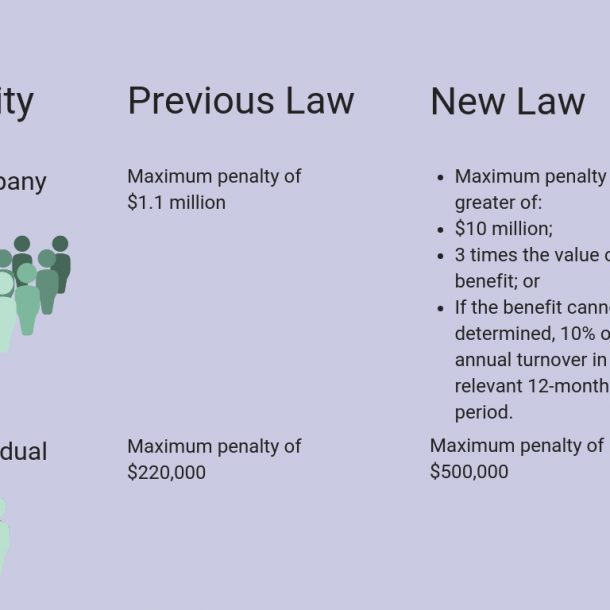It’s not always the yeast that puffs up the bread….
It’s not always the yeast that puffs up the bread….
“To place emphasis on advertising license that bends the truth will not only degrade the language, but lead to a culture of deception in the market”.
And with that concluding sentence, Chief Justice Allsop of the Federal Court of Australia on 18 June 2014 found Coles Supermarkets Australia Pty Ltd liable for three contraventions of the Australian Consumer Law for false and misleading representations for marketing its bread as being baked fresh daily.
On 29 September 2014, the Chief Justice handed down orders declaring the contraventions by Coles and ordering that Coles be restrained from making any such representations on any packaging, signage, website or other promotional material that the bread was baked on the day, entirely based in Coles on the day or baked from fresh dough.
In addition, the Court ordered that Coles display a corrective notice in a prominent location at the bakery section of its stores for 90 days (including on the website) announcing the declaration and the orders.
The sections of the Australian Consumer Law that Coles were found to have contravened were:
- section 18 that the conduct would not be misleading or deceptive or likely to mislead or deceive;
- section 29(1)(a) that the representation in connection with the supply or promotion of the supply was false or misleading as to the history of the goods in contravention; and
- section 33 that the conduct was liable to mislead the public as to the nature, the manufacturing process and the characteristics of the goods in contravention.
The indicting advertisement statements that Coles used were – “Baked today, sold today”, “Freshly baked”, “baked fresh” and “fresh baked in-store”. When in reality, a portion of the bread sold by Coles were par-baked from dough made by overseas suppliers (sometime as far as Ireland) and frozen and then the final baking stages completed at Coles before it is sold.
In recent years, there have been a spat of ACCC-initiated court action against large traders. This has provided the judiciary with the opportunity to test the mettle of the Australian Consumer Law and has provided business owners with some guidelines and insight into the legal framework for advertising to consumers.
The decision of the Chief Justice is significant because of the manner in which section 33 allows the Courts to peer into the business practice (in this case, the baking and manufacturing process and supplier relationships) of the trader in assessing the representations made in its advertisement.
His Honour found that the advertisement was misleading and deceptive and likely to mislead or deceive because the sentence, when read in the context of an in-store bakery, connotes that the whole process of baking, from fresh dough to oven bake, was done on site and was done recently.
It was not enough for Coles to dismiss the weight of the contravention by submitting that consumers were indifferent about the original form of the bread so long as the bread was not commercially manufactured. The ordinary consumer as a reasonable person may understand “bake” to mean part of a whole baking process.
Ultimately, the effect of the misleading or deceptive advertisement was that a sale was made that would not have otherwise been made because of the asserted misleading or deceptive conduct.
So what can business owners take from this decision about how they advertise their wares?
Be aware of the dominant message you convey in your advertising and the context in which it is conveyed. In this case the sentences were advertised by the Coles in-store bakeries. In that context, a reasonable person in the place of the consumer would readily conclude that the bread was freshly made on the premise. In this way, be conscious of what you advertise, where you will place the advertisement and what reasonable conclusions the consumers will draw from the message in your advertisement and the context. From there you should ensure that consumer perception and conclusions (the matters that encourage their decision to purchase) align with the reality of the product you sell including the manufacturing process in the production of that product.
If you need legal advice on how to navigate around the consumer law and ensure that your business is compliant with the Australian Consumer Law, please contact Su-Ann Loh (Senior Associate, Dispute Resolution) at suannl@lewisholdway.com.au or on (03) 9629 9629.
Copyright © 2021 Lewis Holdway Lawyers. Website Design By LGT Digital








